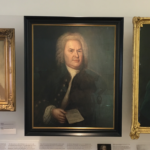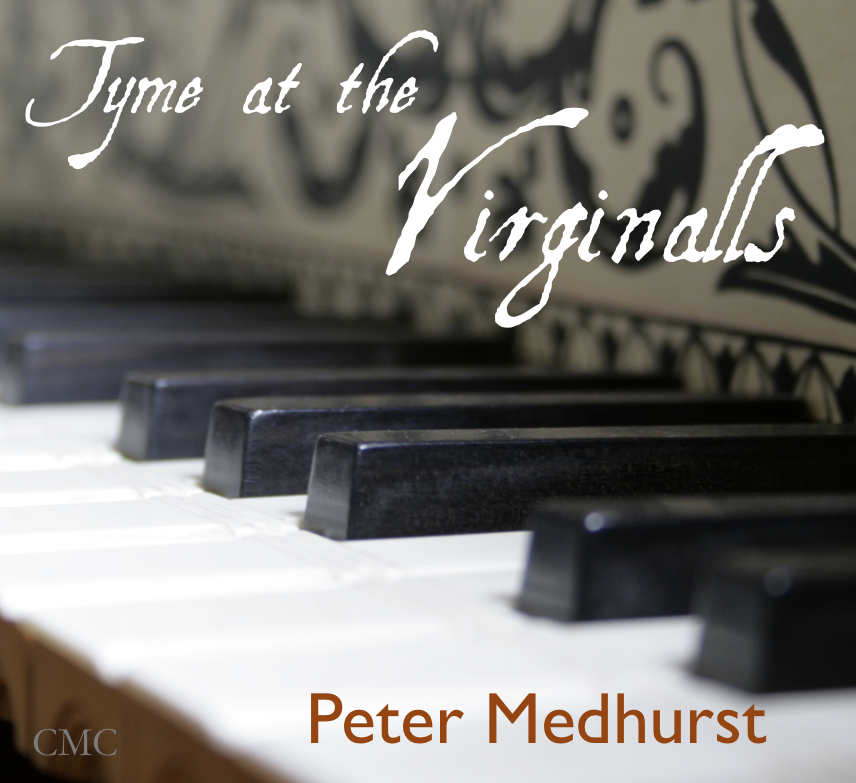The Scotish Gigg – Anonymous, played by Peter Medhurst on the virginals muselar
The Scotish Gigg – 16th century Anonymous
On the strength of its overall sound, this extraordinary little piece of domestic keyboard music was probably written sometime in the mid to late 16th century, even though the source of this version (Derexel 5612) stems from c1620.
 Stylistically, The Scotish Gigg has much in common with the better known My Lady Carey’s Dompe (Royal, App. 58), in which a two bar phrase comprising broken chords in the bass is repeated over and over again inspiring increasingly elaborate melodies in the right hand (the left hand remains unchanged throughout).
Stylistically, The Scotish Gigg has much in common with the better known My Lady Carey’s Dompe (Royal, App. 58), in which a two bar phrase comprising broken chords in the bass is repeated over and over again inspiring increasingly elaborate melodies in the right hand (the left hand remains unchanged throughout).
There is no doubt that the spirit of The Scotish Gigg takes its cue from proverbial bagpipe music, in that the basic harmonies are redolent of the sustained and hollow sounding chords played on the instrument’s drones, and the melodies above it are suggestive of figurations that would suit the bagpipe’s chanter. Superficially, the music sounds ‘modern’ or at least younger than its years, and this is almost certainly due to the slightly wayward harmonies that result from the modal language of the piece.
Perhaps the biggest surprise of all comes in the closing bars where the composer seems to imply that the bagpipes are about to run out of steam (a huge rallentando is too tempting to resist at this point) and the closing bar ends tantalisingly on the tonic 7th, as if there isn’t enough air in the sack to finish the job off.
 To add to the raucous character of the music, this performance on the virginals muselar employs the arpichordum stop throughout in the bass section of the score. That is to say a set of metal hoops comes almost – but not quite – into contact with the strings, to cause a delicious buzzing when vibrating strings oscillate against them (see photograph on the right).
To add to the raucous character of the music, this performance on the virginals muselar employs the arpichordum stop throughout in the bass section of the score. That is to say a set of metal hoops comes almost – but not quite – into contact with the strings, to cause a delicious buzzing when vibrating strings oscillate against them (see photograph on the right).






![The Scotish [sic] Gigg](https://petermedhurst.com/wp-content/uploads/2012/08/Peter120813untitled-shoot-2.jpg)